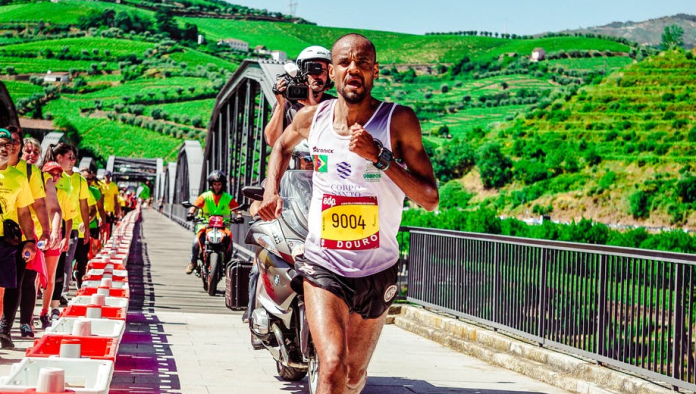If you have a passion for sports and love a fast-paced working environment, learning how to be a sports videographer could be a great career path for you.
Attributes such as attention to detail and in-depth knowledge of video and camera equipment are required. But how do you go about taking those necessary steps to become a sports camera operator?
In this article, we will take you through what it takes to land one of those coveted videographer jobs. Read on to find out more.
What Does a Sports Videographer Do Day-to-Day?
A sports videographer has a wide range of jobs and responsibilities when it comes to videoing and live streaming sports.
Some things a sports videographer might do on a typical workday include:
- Set up camera equipment and check everything is working
- Attend pre-production meetings
- Produce and record any before match coverage
- Write scripts for the camera shots expected to be captured during the game
- Control drone or robotic camera equipment
- Communicate with team and director throughout live streaming
- Capture close up shots/long shots of game action
- Capture wide-angle shots of field/court
- Operate stationary or handheld camera equipment
If this sounds like a viable career for you, here’s a checklist to get you into the sports videographer industry.
1. Look at Colleges with Journalism or Film Studies Degrees
Some colleges will have journalism or film studies degrees with practical elements or modules. This can be a great way to get trained up on cameras and how they operate.
They can also teach you how to edit and use editing software for immediate use, as well as the different types of footage required for interviews.
This might also offer up opportunities for internships or helping out with recording college sports games for experience.
2. Find an Internship
Internships can be invaluable in the sports filming industry. It can help you learn on the job and gain all those valuable skills.
This is as well as helping you network with the right people and open yourself up to more opportunities along the way.
To be taken seriously as a sports videographer candidate, it’s important to invest in the right videography equipment.
Have a look at these products to ensure you have all the gear to capture the best quality shots and film.
3. Find an Entry-Level Position
Local television stations, sports broadcasting companies, and film and tv companies are a great place for building upon existing sports videographer experience.
Ask questions, be present and go above and beyond in your entry-level position. You never know when the next big job or opportunity will present itself.
4. Put Together a Showreel
When companies are interviewing for creative positions such as sports videographers, the best demonstration of your skills is to show the footage and games you’ve captured.
Make a short 2 or 3-minute highlight reel of your best work and have that available on a website or social media channel. This can be a great way to show your skills and be hired for your dream job.
How to Become a Sports Videographer: What Next?
We hope this step-by-step guide has given you a great start on becoming a sports videographer. If you thrive on being in exciting and dynamic environments being a sports videographer is the perfect job for you.
Check out our other blog posts if you want to read more on topics like this!










